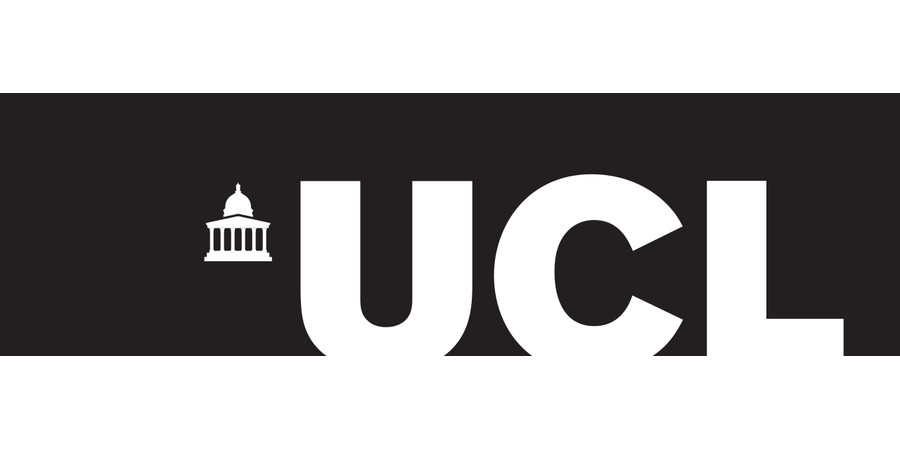Research Fellow
UCL - Great Ormond Street Institute of Child Health
| Location: | London, Hybrid |
|---|---|
| Salary: | Not Specified |
| Hours: | Full Time |
| Contract Type: | Fixed-Term/Contract |
| Placed On: | 9th October 2024 |
|---|---|
| Closes: | 27th October 2024 |
| Job Ref: | B02-07781 |
About us
UCL GOS ICH is located in Central London and aims to improve the health and well-being of children, and the adults they will become, through world-class research. UCL GOS ICH with its clinical partner Great Ormond Street Hospital for Children, forms the largest concentration of children’s health research outside North America. UCL GOS ICH is one of the top 5 research institutes worldwide for Child Health Research. UCL has an international reputation of excellence in Neuroscience and is the top-ranked university in the UK for research power in Psychology, Psychiatry and Neuroscience according to the UK’s Research Excellence Framework 2021
About the role:
A postdoctoral researcher position is available in the lab of Dr. Julien Baruteau at the Great Ormond Street Institute of Child Health, University College London (UCL GOS ICH). The research focus of the lab is broadly on pathophysiology of inherited metabolic diseases, with a focus on urea cycle disorders, neurosciences and translational gene therapy. The project investigates why disrupted arginine metabolism causes imbalance of excitatory versus inhibitory neurotransmitters and lead to mental health disorders. For this, we will use the inherited metabolic disease argininosuccinate lyase (ASL) deficiency as a model. ASL-deficient patients present with a complex encephalopathy with mental health disorders, epilepsy, motor symptoms. ASL is the only enzyme in mammals enabling the final step of arginine synthesis. Inherited ASL deficiency causes arginine and nitric oxide deficiencies. The role of arginine metabolism and downstream metabolites will be investigated in human induced pluripotent stem cell (iPSC) derived assembloids. Cortico-subpallial organoids will be investigated with metabolomics, positron-emission tomography (PET) and electrophysiology. Identified therapeutic targets will be tested. This project has both in vitro and in viv o components, which will be mutually beneficial. The successful applicant will oversee the in vitro part only. The researcher will work at the Zayed Centre for Research into Rare Disease in Children, a new facility, which opened in 2020 and integral to UCL GOS ICH. The post-holder will benefit from close interactions with the internationally-renowned Prof Manju Kurian’s group and Prof Gabriele Lignani’s groups, providing expertise for assembloids and electrophysiology, respectively.
About you:
Candidates should have recently obtained or be about to obtain a PhD. in Neurosciences, Molecular Biology or Biomedical Sciences. Proficiency in working with hiPSC and assembloids is expected. Excellent skills in communication, review of scientific literature, and scientific writing are expected. Experience in analyzing big data and electrophysiology will be helpful. The initial appointment is for 18 months with a possibility of extension upon mutual agreement. < strong>What we offer: Visit https://www.ucl.ac.uk/work-at-ucl/reward-and-benefits to find out more.
Our commitment to Equality, Diversity and Inclusion
As London’s Global University, we know diversity fosters creativity and innovation, and we want our community to represent the diversity of the world’s talent. We are committed to equality of opportunity, to being fair and inclusive, and to being a place where we all belong. We therefore particularly encourage applications from candidates who are likely to be underrepresented in UCL’s workforce. These include people from Black, Asian and ethnic minority backgrounds; disabled people; LGBTQI+ people; and for our Grade 9 and 10 roles, women. You can read more about our commitment to Equality, Diversity and Inclusion here : https://www.ucl.ac.uk/equality-diversity-inclusion/ If you have any queries regarding the application process, please contact Madhur Sharma on ich.hr@ucl.ac.uk quoting job reference: B02-07781
Advert information
Type / Role:
Subject Area(s):
Location(s):









